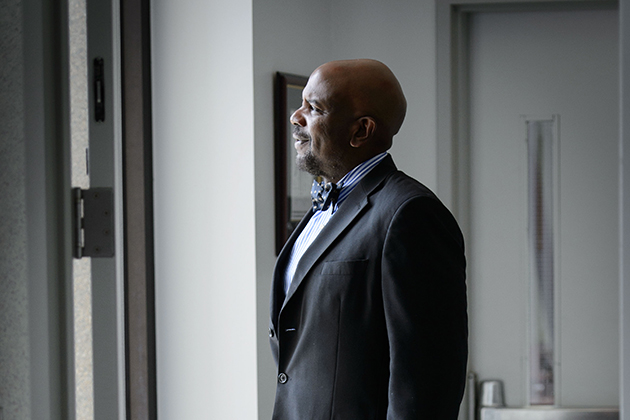Growing up in a segregated health care community in Baltimore during the 1920s, Henrietta Lacks experienced the disparities that were fundamentally a part of her environment. At the time, most hospitals would not admit black patients. Those that did, such as Johns Hopkins Hospital, created wards specifically for black patients. Often clinic days were “white only,” and even operating rooms at the hospital were segregated. It is in this environment that Henrietta Lacks received treatment for an aggressive cervical cancer.
Had it not been for a single act of her physicians, the story of Lacks’ life and her death would otherwise have been part of a footnote regarding the care of a black woman where institutional racism was the norm. But, for experimentation purposes and at a time when U.S. regulations requiring consent did not exist, Lacks’ Johns Hopkins physicians removed tissue – both cancerous and non-cancerous – from her cervix without her knowledge. They found the cells were able to divide when placed in culture medium. They not only divided, but they thrived, which was unheard of for human cells to do at that time. The cells of Henrietta Lacks, called HeLa cells, have continued to divide and thrive for the last 65 years. They are the basis for almost 75,000 scientific publications, and for research leading to a number of Nobel Prizes in Medicine.
The harvesting and distribution of Henrietta Lacks’ cells represent a significant ethical issue, raised by Rebecca Skloot’s best-selling book The Immortal Life of Henrietta Lacks, published in 2010. Three years later, ethics and genomics collided when a German science group published an article detailing the entire genomic sequence of Henrietta Lacks. Said one of Lacks’ family members, Jeri Lacks-Whye, “I look at it as though these are my grandmother’s medical records that just out there for the world to see.”
After the family’s concerns were made clear, the data was removed from the web. But the issue of future papers that would share the HeLa genome sequence information – at least one of which was on its way to publication – was not yet resolved. In a sign that the medical community has moved forward ethically from where we were 50 years ago, the National Institutes of Health (NIH) reached out to the Lacks family and formulated an agreement to allow for future use of Lacks’ information in a way that recognized her contribution.
The agreement created a HeLa Genome Access Working Group at NIH, a group which includes Lacks family representation and is charged with reviewing and approving all requests to use the Henrietta Lacks genome in controlled access in the NIH database Genotypes and Phenotypes (dbGaP).
Approval in the use of the genome comes with some requirements. The use of the genome must be for biomedical research purposes only, and any commercial plans for the results must be disclosed before approval. The Working Group’s decisions are reported to the NIH Advisory Committee to the Director, and the committee makes a recommendation to the NIH Director. NIH expects that the research findings based on access to the HeLa genome data will be disseminated, and that Henrietta Lacks, her family, and the use of the HeLa genome data must be acknowledged in publications and presentations. Finally, new whole genome sequences generated from HeLa cells must be deposited in dbGaP for others to use.
So far the system is working. As a member of the Advisory Committee to the Director at NIH, involved in the oversight of the Working Group’s charge, I have seen this historic collaboration between the Lacks family and NIH demonstrate progress in our efforts to confront and address issues of race, ethics, and genomics.
A talk by Rebecca Skloot, author of The Immortal Life of Henrietta Lacks, and the Lacks Family will take place at Jorgensen Center for the Performing Arts on Thursday, Sept. 24, at 7 p.m. The talk is free and open to the public.
This event was organized in response to student interest in Henrietta Lacks’ story. Prompted by questions and issues raised by students who read The Immortal Life of Henrietta Lacks during an Introduction to Genetics class taught by John Malone and Mark Longo, faculty members in the Department of Molecular and Cell Biology, Malone contacted Skloot to organize a lecture for students and the broader community. Malone brought the proposal to Marc Lalande and other members of the Institute for Systems Genomics, who worked together with various schools and centers within the University to organize the event.




